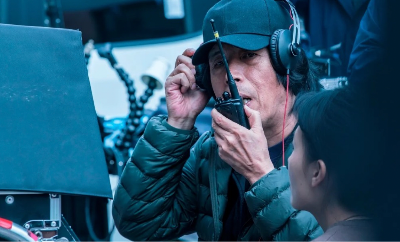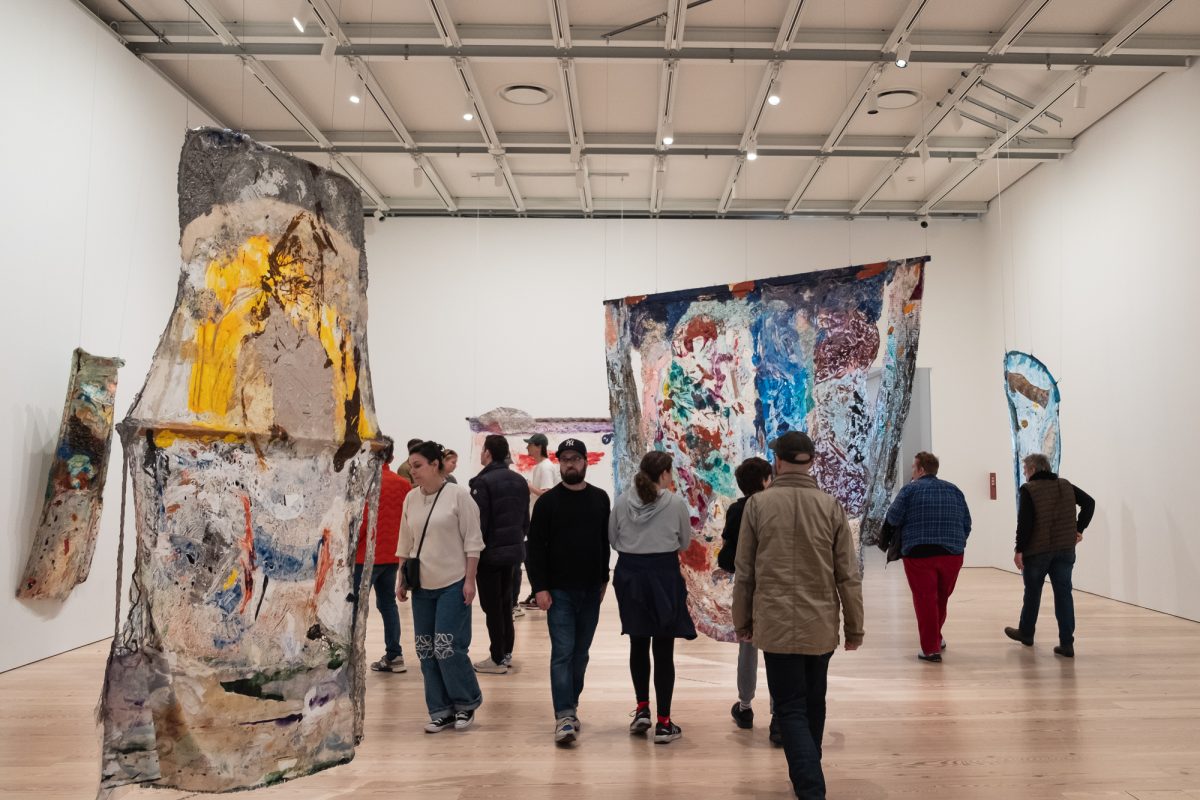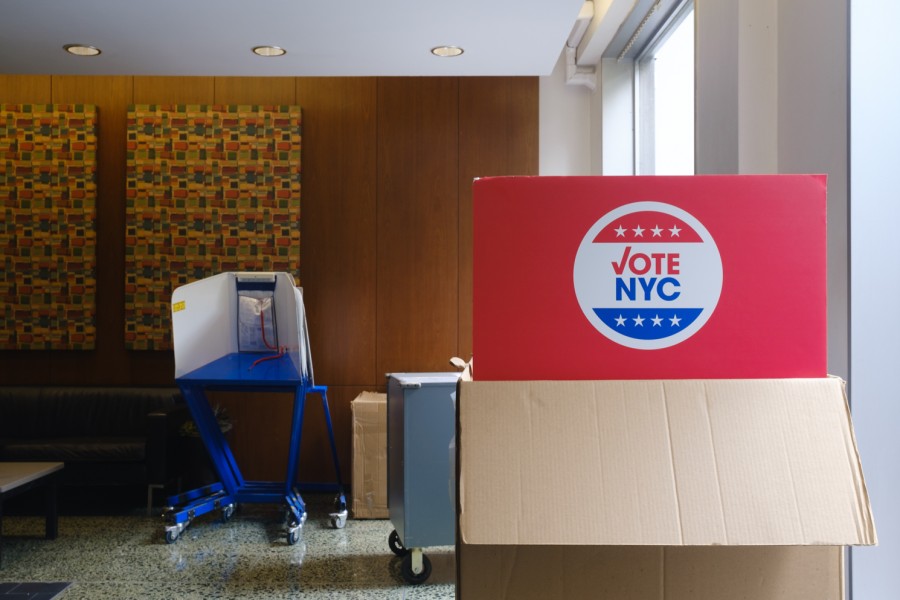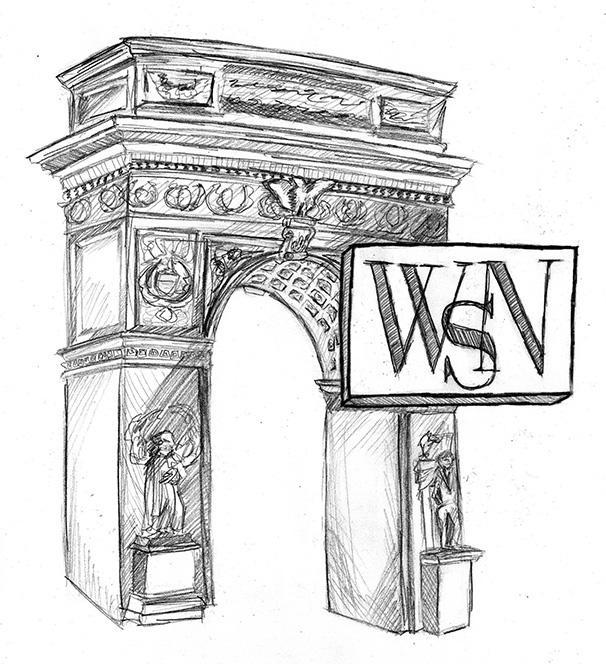Censorship of @antipcnyuprof is Problematic
October 31, 2016
Washington Square News’ Q&A with self-declared deplorable NYU professor Michael Rectenwald was met with immediate backlash from the university community. A week later, the New York Post broke the news that the school had placed Rectenwald on paid administrative leave under the auspices of protecting him from further retaliation. Even though the Q&A itself contained relatively mild statements, the fact that he identified himself as the author of @antipcnyuprof’s inflammatory tweets led the university to take action. His displacement has again launched questions of academic censorship and intellectual freedom at universities. Why Rectenwald chose to go public is unknown, but it is clear that this incident underscores the complexity of these discussions.
College campuses have traditionally been associated with the free expression of ideas, and NYU should not be an exception. That said, several of Rectenwald’s tweets cross the line from provocative to malicious. Because he’s representing himself as an NYU professor, his online presence carries over to the classroom. It’s okay to be controversial — no one should be forced to be a beacon of civility online — but someone in his position ought to be aware of his influence. Even so, Rectenwald’s arguments were inconsistent with the actual policies of Liberal Studies, as pointed out in a Letter to the Editor written by a number of his colleagues.
Rectenwald’s conduct was inappropriate, but the school’s rash decision to put him on ice has potentially far-reaching consequences. When professors are forced on paid leave by the administration for voicing what may be contentious views, the impact on students can be severe. Aside from the purely academic consequences — Rectenwald’s students having to adjust to a new professor halfway through their semester — taking such an action alienates students who chose to attend NYU for its diversity of beliefs. NYU should not be setting a precedent of silencing dissenting voices based solely on the contents of their opinions.
The fallout from the Rectenwald situation — and the subsequent news attention — has only further complicated the already convoluted discussion occurring on campus about the status of free speech in a university system. However, this is not to say that all — or even most — of Rectenwald’s actions are defensible. His Twitter account includes tweets that espouse beliefs that are both unacceptable and unforgivable. Nonetheless, this specific incident in no way invalidates the ongoing discussion regarding censorship at NYU. The university has already fallen dangerously close to infringing upon the right to free speech — the canceled Yiannopoulos and Watson talks come to mind. Obviously, we do not need inflammatory figures like Rectenwald to stir up drama, per se, but our university thrives on the exchange of diverse viewpoints. The Rectenwald decision could set an unfortunate precedent for other professors who do not agree with the status quo. Even if these faculty members do not do anything as dramatic as Rectenwald, they may still be silenced, and that is the antithesis of everything the NYU community strives to be.
A version of this article appeared in the Monday, October 31st print edition. Email the WSN Editorial Board at [email protected].













































































































































Mike Keenan • Jan 29, 2018 at 7:14 pm
Mr. Rectenwald was NOT fired, neither will he be leaving, as he is relevant to not only the department’s liberal studies wing, but social studies generally. An accomplished writer and thinker, and a leading voice arguing against the PC, no-platforming behaviour of campus group-think identity politics, Mr. Rectenwald is one of a few campus beacons shining light where tuition paying parents can see it. We don’t like hearing that someone gave a 4 hour lecture on Antifa, but alternate opinions are sqelched. He’s not going anywhere.
Kevin • Nov 2, 2016 at 11:38 pm
“When professors are forced on paid leave by the administration for voicing what may be contentious views” No, contentious is talking about sports or religion. Bland, entry level sexism 101 are not mere views, they are tacit support of status quo white supremacist “kyriarchy” or whatever buzzword kids are calling the evil systems dominating the people of color proletariat slave force these days.
It says everything that you need to know about his privileged viewpoint that that he described how what his “deplorable tweets” were so upsetting that he sparked a “witch hunt” of “totalitarians” (because straight men were apparently burnt as witches haha why are conservatives always so envious of the suffering of others that they steal their experiences to describe their pitiful lamentations of having to listen to uppity black women oh dear)
Arlo • Nov 1, 2016 at 11:58 am
No one is censoring him. He still has his awful twitter account where he can spew his nonsense. It has been determined that he violated a code of conduct for NYU, so they are certainly able to put him on leave or fire him. Any company in the real world would do this. Watson and Yiannopoulos are still able to be racist in the public eye, so canceling their talks isn’t tantamount to erasure of free speech. NYU is completely in their own right of not allowing, wanting or promoting hate speech on their campus.
Freedom of speech does not mean freedom of consequences.
First Amendment • Oct 31, 2016 at 10:45 pm
Incredible article. I’m a student and this situation terrifies me. NYU has gone to hell.
scott henderson • Oct 31, 2016 at 8:33 am
Time for a REALITY CHECK kids: in the real world, grown-ups are held accountable for their behavior and actions. People in Academia/Higher Education are SO sheltered that it’s laughable.
Imagine if this man had a real job – working in the private sector or public sector – and he had been publicly lambasting his employer for months, years even, by acting like a fool on the internet. I guarantee he would be fired by HR in about 10 minutes. Only in Academia are people are SO sheltered that this simpleton thinks his rights are being violated because he was actually held accountable for his actions.
Good luck getting a job in the real world Mr. Rectenwald. Know what a Ph.D in Philosophy gets you outside the classroom? Flipping burgers @ McDonalds. Sorry if that’s not “pc” of me 😉